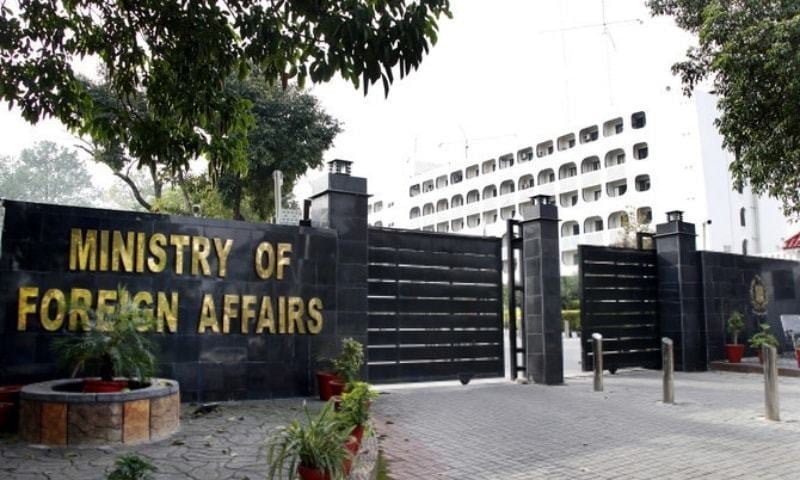Importance of the Indus Waters Treaty: A Call for Cooperation
In today’s world, water scarcity is becoming an increasing concern. The Indus Waters Treaty (IWT), established in 1960, is a crucial agreement between India and Pakistan that governs the usage of the Indus River and its tributaries. Recently, the need for both countries to respect and resume the normal functioning of this treaty has been highlighted by the Foreign Office (FO) in Pakistan, especially after the Court of Arbitration issued a "Supplemental Award" in June 2025.
This ruling comes amid ongoing tensions surrounding projects like the Kishenganga and Ratle hydroelectric initiatives. The Court affirmed its jurisdiction over the case, stressing the importance of resolving disputes fairly and without unilateral actions that could jeopardize regional stability. Pakistan views this award as a legal validation of its stance that the treaty is valid and cannot be unilaterally altered by India.
Why is this important? The IWT is not just a legal framework; it represents a mutual commitment to peace and resource management in a region often bogged down by strife. The FO’s recent statement urges India to align with international agreements and encourages cooperation to enhance regional stability. In our interconnected world, effective dialogue and respect for treaties can pave the way for sustainable solutions.
Despite past suspensions and unilateral actions by India, the Court’s ruling reinforces the essential nature of the IWT. It serves as a reminder that treaties are designed to endure through conflicts and disagreements. Both nations must focus on collaboration rather than contention, ensuring that shared resources do not become a source of discord.
As citizens, it’s vital to stay informed about these developments, as they affect not just national policies, but the everyday lives of people. Engaging in discussions about water sustainability and regional peace can inspire collective efforts towards cooperation.
If you want to delve deeper into such matters and stay updated on regional issues, consider connecting with Pro21st, where you can find more resources and insights aimed at fostering understanding and collaboration.





